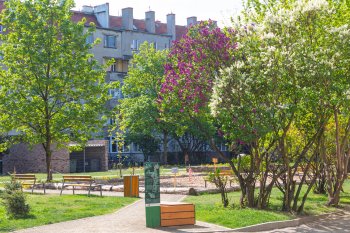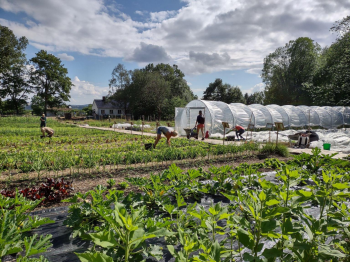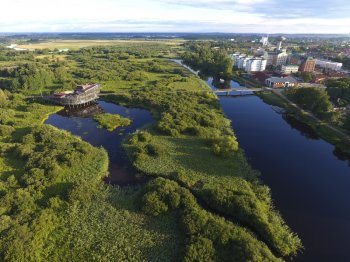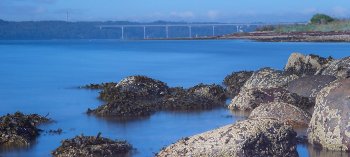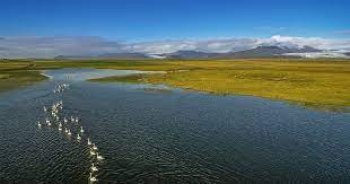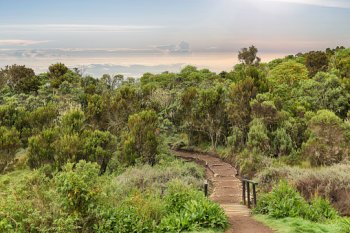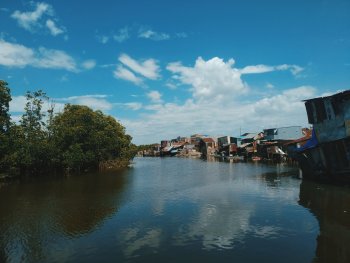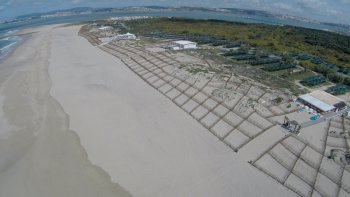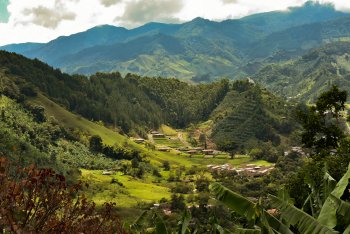In 2005, the UN agency UNESCO approved Kristianstads Vattenriket as a biosphere reserve covering 100 000 ha, and one of 700 in the world. This means Kristianstads Vattenrike is an internationally recognized model for sustainable development. The Vattenrike encompasses two thirds of the municipality of Kristianstad, with the goal to “preserve, develop and support the landscape's values”.
Nature-based solutions have been key for protection against droughts, floods, and preservation of the area, as well as nutrient leakage into the Baltic Sea.
The areas in Vattenriket include...

